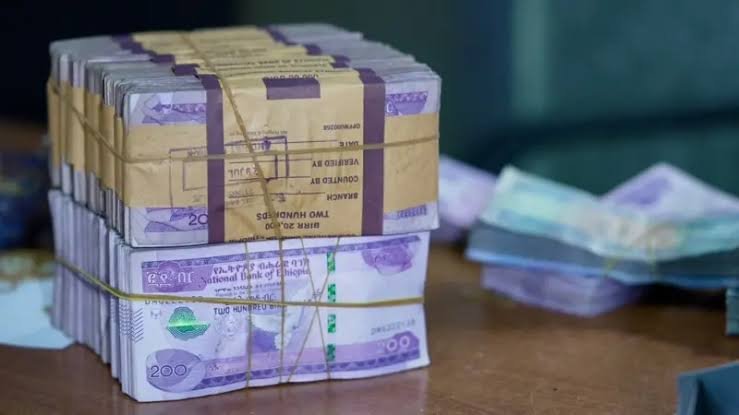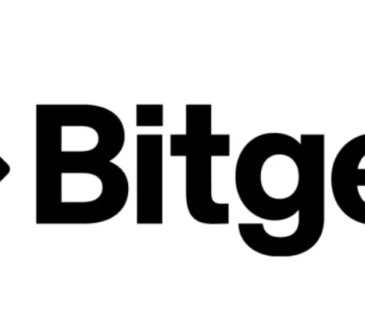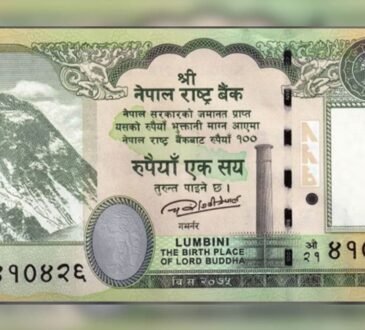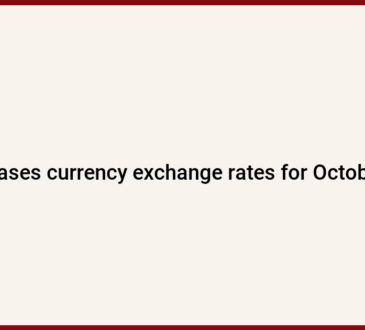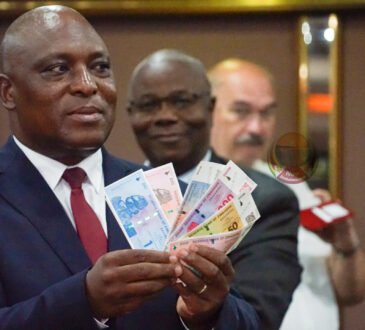Unveiling Ethiopia’s First Independent Forex Bureaus
The National Bank of Ethiopia (NBE) has recently granted operational licenses to five new independent foreign exchange bureaus, marking a significant development in the country’s financial landscape.
This milestone marks a crucial step in the country’s transition to a market-based exchange regime, following the recent floatation of the Ethiopian birr. The licensed bureaus, which include Dugda Fidelity Investment PLC, Ethio Independent Foreign Exchange Bureau, Global Independent Foreign Exchange Bureau, Robust Independent Foreign Exchange Bureau, and Yoga Forex Bureau, are now authorized to engage in the buying and selling of major convertible currencies.
These new entities are restricted to spot transactions and are prohibited from engaging in trade-related activities such as letters of credit, but they can purchase up to $10,000 in foreign currency from individuals without customs declarations and sell up to $10,000 to travelers with valid documents. This development is expected to foster greater competition, transparency, and financial inclusion, aligning with the NBE’s broader efforts to modernize and expand Ethiopia’s financial sector.
Independent forex bureaus are authorized to buy and sell major convertible currencies, such as the US dollar and euro. Their primary role is to facilitate spot transactions, meaning the exchange of currencies is settled immediately, unlike more complex transactions like letters of credit, which remain the purview of commercial banks.
Efrem Tesfaye, CEO of Ethio Foreign Exchange Bureau, explained that they offer cash transactions in foreign currencies immediately, with a maximum limit of $10,000 per transaction. These services are available to travelers for various purposes, including education, medical treatment, and tourism. Clients are required to present the necessary documentation, such as a passport, visa, and airline ticket.
The bureau’s headquarters is located near the hub of the parallel currency market, around the Ethiopian National Theatre and Ethiopia Hotel. Tesfaye highlighted that being the pioneer in this sector came with challenges, especially in coordinating multiple institutions, navigating bureaucracy, and ensuring the right conditions for operations. However, he noted that the path has now been paved for others interested in entering the industry. He further mentioned that this foreign exchange bureau was established with a shareholders’ contribution of ETB 180 million.
He also emphasized the convenience and speed of their services, noting that, with the proper documentation, transactions can be completed in just a few minutes. “For individuals planning to travel abroad, whether for personal or business purposes, the bureau offers a straightforward process,” says Tesfaye. “Travelers can obtain up to $5,000 in foreign currency for personal trips, while business travelers are eligible for up to $10,000, provided they present the necessary travel documents.”
According to him, hoping for an influx of forex buyers beyond their capacity to serve, they don’t even want to advertise their services through media or other platforms. He added that the current sluggish forex market is not what they expected, and he believes this is due to limited public awareness.
The parallel market has long been a significant issue, but many believe the new forex bureaus will eventually beat them. The forex bureaus are expected to provide faster and more transparent transactions, potentially drawing customers away from the black market. With their official backing and regulated operations, these bureaus are seen as a viable alternative that could finally beat the parallel market rates.
According to Tesfaye, competing with the parallel market is challenging because unofficial operators are not subject to taxes and other expenses faced by official forex bureaus. “It’s difficult for us to compete on margins, so they will likely continue operating,” he said, adding that government intervention is needed to curb the parallel market. “We offer the same services as the parallel market, but unlike banks, we don’t provide letters of credit (LC), which limits our alternative income sources.”

